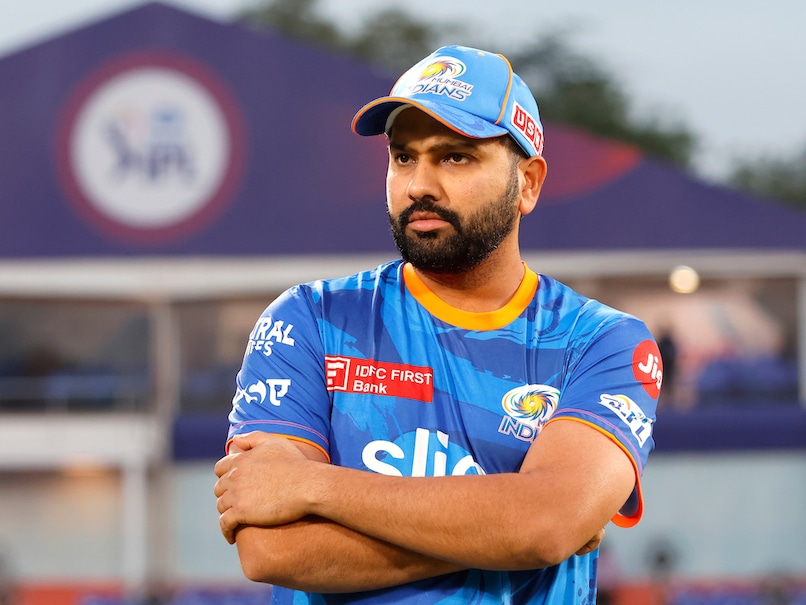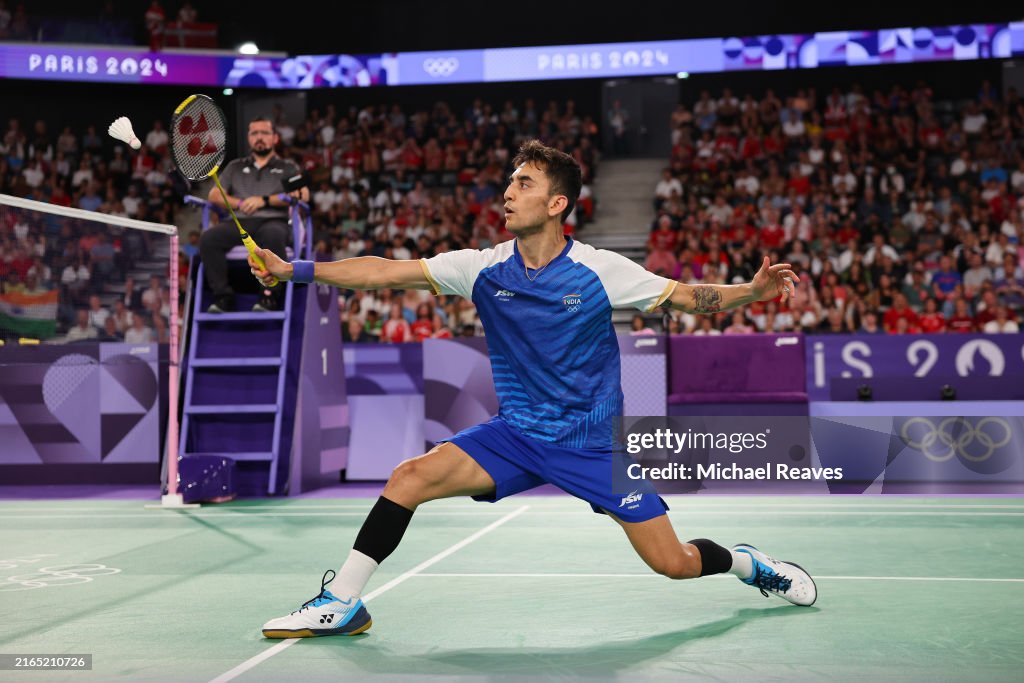Recently, in an interview, ace Indian batter and current skipper of the Indian team, Rohit Sharma, shared glimpses from his early life struggles and hardships he faced during the early days of his career.
Though emerging as an international cricketer and having a career as illustrious as Rohit Sharma, people often neglect the struggles and compromises one makes to reach this feat in their career.
Rohit revealed that some of the lessons he learned during his early career are what have made him the man he is today.
“The sport has got so many demands, be it traveling, learning the skills, fitness, or training. In Mumbai, if you want to be a cricketer, you want to travel—2 hours of traveling by train, 5 to 6 hours of playing, then traveling back—you do not know whether you will get a seat.” Rohit shared on a podcast with the YouTube channel of Jitendra Chouksey.
“It did take a toll on me physically and mentally. But I enjoyed that, and the hard yards made me tough—that is what made me today and help to make tough decisions these days,” he elaborated.
Rohit sheds light on what ‘Peak Fitness’ is to him

Rohit Sharma, despite having the best of careers as a batter for the Indian side and winning several matches for the side, from being a matchwinner to the highest scorer in World Cups, also has uncountable records under his belt, with the most major being the three double-hundreds he scored in limited-overs cricket.
Despite his immense contribution to Indian cricket and now a World Cup added to it, he has often been questioned over his commitment to the game due to his body physique.
Sharma has considerably gained weight and hence is not among the fittest as considered by many experts of the game. However, waving these worries, Rohit stated that fitness is all about whether one can deliver his best on the field in five days of a Test match, a 100 overs of the ODIs, and the same for T20Is.
“Can you give your best for the team in five days in a Test Match with full intensity and in ODIs, can you give your best for 100 overs, and the same in T20Is,” added Rohit.
Rohit also shed light on the fact that this was the reason he gave up on the shortest format of the game, as he felt that the format needed players who could commit more on the field and considerably younger and fitter players could be brought in.




